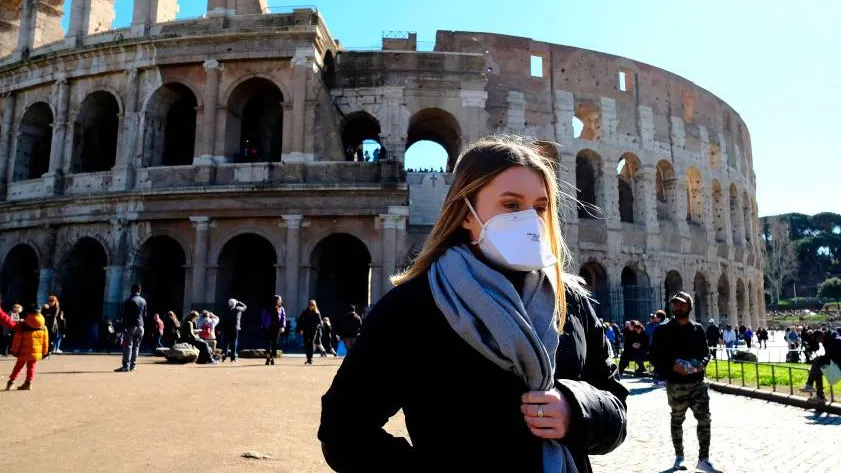An Italian medical society has published new healthcare guidelines that suggest doctors in the region should prepare for potential “catastrophe medicine” measures, a scenario that would require doctors to determine whether a patient will, or will not, receive healthcare.
According to The Atlantic, the Italian College of Anesthesia, Analgesia, Resuscitation and Intensive Care published the guidelines as a response to Italy’s surge in coronavirus cases. According to The Associated Press, Italy has confirmed 17,660 coronavirus cases and 1,266 deaths related to the virus.
The Atlantic reports that the document begins by “likening the moral choices Italian doctors may face to the forms of wartime triage that are required” during natural disasters and times of war.
Following the introduction, the document establishes that the guidelines have been tailored to the principle of maximizing benefits for the largest number of people, given the limited healthcare resources available, and that the guidelines would apply to all patients, not just those sick with coronavirus.
In adherence with principle of maximizing the greatest good, the final recommendations advocate that doctors prepare themselves in the event they need to establish an age-limit for healthcare, or block healthcare access to people with pre-existing conditions.
According to The New York Times, one Italian town has already began refusing treatment to “the very old,” while another town has been refusing patients with coronavirus-induced pneumonia.
Italy, a country of over 60 million people, is currently on quarantine to mitigate the spread of the coronavirus, a strategy in epidemiology known as “flattening the curve.”
According to Vox, flattening the curve involves enacting isolation strategies, including self-quarantines and social distancing, to delay the peak of the epidemic and prevent the virus from spreading as quickly.
By stunting the transmission rate of the virus, society at-large can prevent doctors and hospitals from being inundated with patients all at once, increasing the chances of patients receiving treatment and the odds of lowering the mortality rate, reports the news agency.
The World Health Organization declared on Wednesday that the coronavirus was now at pandemic levels, reports NPR. The organization last declared a pandemic in 2009, during the swine flu outbreak.
Dr. Anthony Fauci, an immunologist on the White House coronavirus taskforce, has been informing the American public that the spread of the virus will continue, and that the country should prepare for circumstances to become worse before they improve.
“It’s certainly going to get worse before it gets better… there’s no doubt we have not peaked yet,” said Fauci, as The Daily Wire reported Friday.
Fauci stated that it is currently unclear whether the United States will enact a complete shut-down strategy in the vein of Italy: “I’m not sure we’re going to get to that. I think that would be really rather dramatic, but I can tell you that all things are on the table. We just have to respond as things evolve over the days and the weeks.”
President Trump had announced that a press conference would be held Friday at 3 p.m. EST, during which he is expected to declare a national emergency. By declaring a national emergency, the president would allow the release of federal aid to help areas around the country combat the coronavirus.

.png)
.png)

